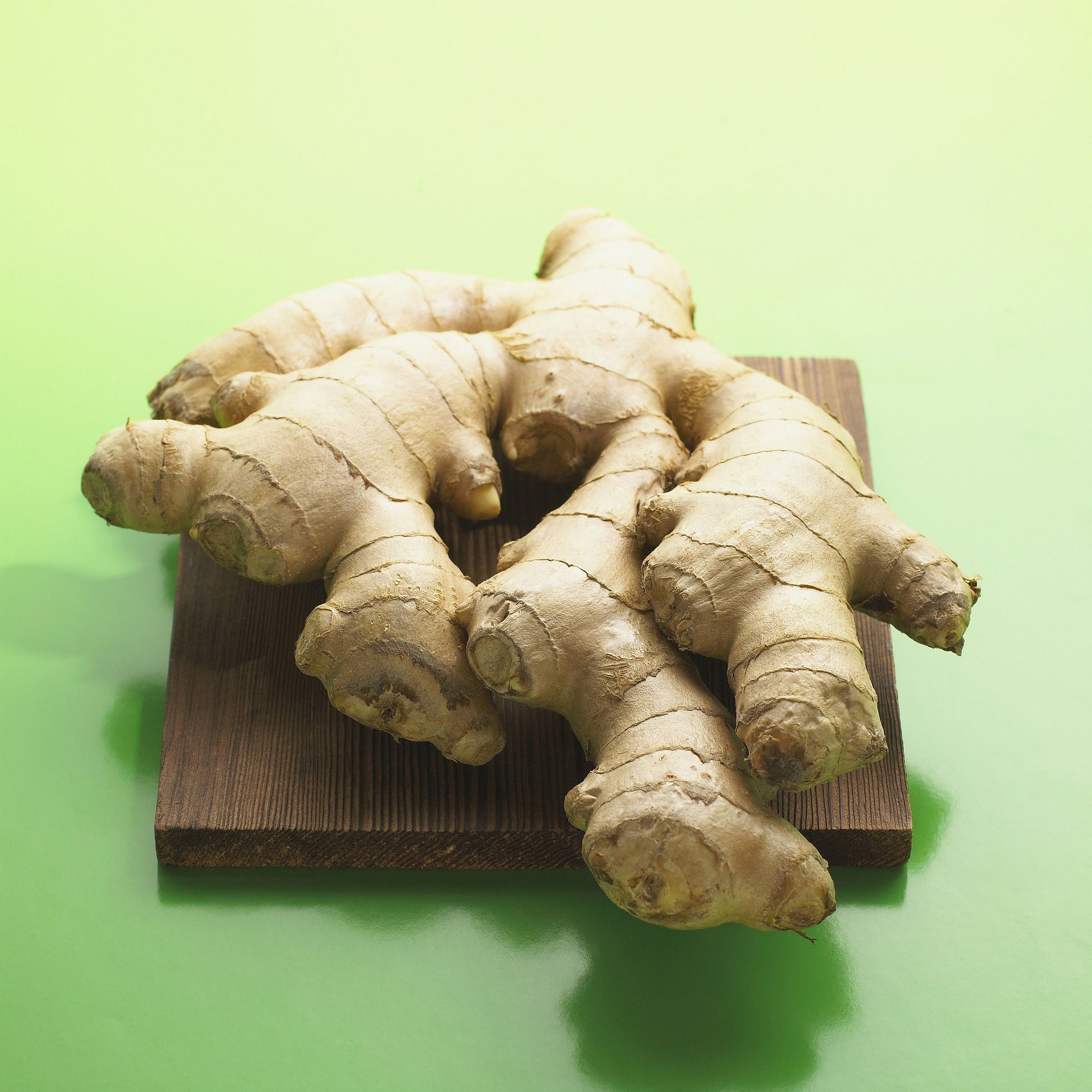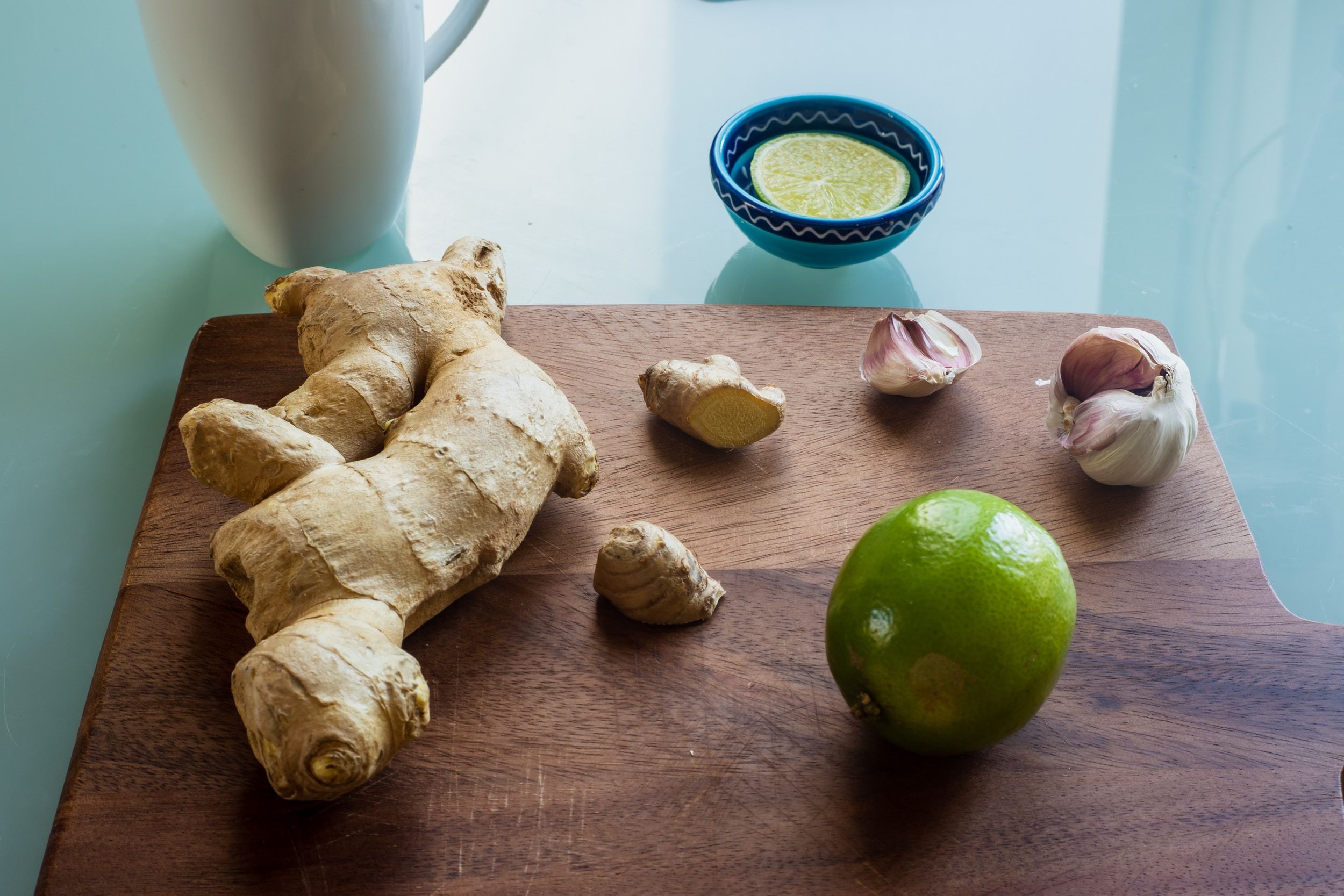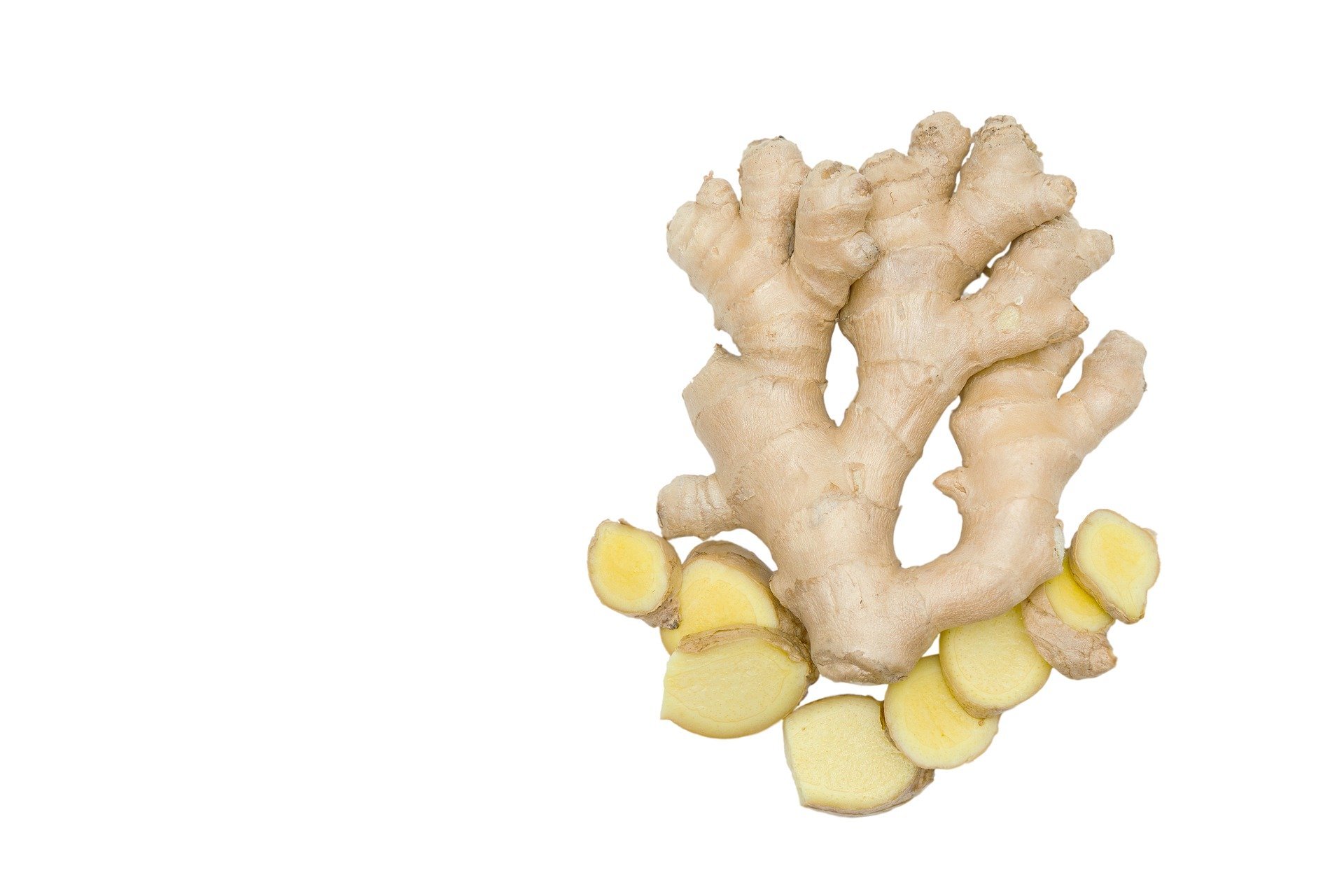Jordan has a long history of using ginger in traditional medicine and cooking
Jordan is a country that has a rich cultural heritage, and this is reflected in the many different crops and plants that are grown in the region. One such plant is ginger, which has been cultivated in Jordan for centuries and has become an integral part of the country's culture and cuisine.
Ginger is known for its health benefits, and the unique growing conditions in Jordan have led to a particularly potent strain of the plant. In this article, we will explore Jordan's ginger heritage, from its history and traditional uses to its modern applications and the challenges facing the industry. Join us on a journey through Jordan's ginger legacy, and discover the many ways this humble plant has shaped the nation's past, present, and future.

1. Introduction to Jordan's Ginger Heritage
The Significance of Ginger in Jordan's Culture
Jordan has a long history of using ginger in traditional medicine and cooking. The ancient spice has been incorporated into Jordanian cuisine for centuries, and it remains a beloved ingredient in many traditional recipes. Ginger is highly valued in Jordan for its unique flavor and its numerous health benefits, making it an important part of the country's culinary and medicinal heritage.
The Purpose of the Article
This article aims to explore the history of ginger cultivation in Jordan, its health benefits, and a few traditional Jordanian recipes that feature fresh ginger. Whether you're a foodie, health enthusiast, or simply curious about Jordan's culinary heritage, this article will provide you with a deeper understanding of ginger's importance in Jordan's culture.

2. The History of Ginger Cultivation in Jordan
The Origins of Ginger Cultivation in Jordan
Ginger originates from Southeast Asia, but it was brought to Jordan through the ancient Silk Road trade routes. The spice was highly prized in Jordan for its medicinal properties and unique flavor, and it quickly became a popular addition to the country's cuisine.
How Ginger Cultivation Spread Throughout Jordan
The cultivation of ginger in Jordan initially began in the northern region of the country, where the cooler climate and rich soil provided ideal growing conditions. Over time, the cultivation of ginger spread to other parts of the country, including the Jordan Valley and the southern highlands.
Today, Jordan remains one of the few countries in the Middle East that grows ginger. The spice is primarily grown by small-scale farmers, who use traditional methods to ensure the highest quality and flavor.

3. The Health Benefits of Fresh Ginger
Anti-inflammatory Properties of Ginger
Ginger has potent anti-inflammatory properties that can help reduce inflammation and pain in the body. These properties make ginger a popular natural remedy for conditions such as arthritis, muscle pain, and menstrual cramps.
Ginger's Effect on Digestive Health
Ginger is known for its ability to alleviate digestive issues such as nausea, bloating, and indigestion. The spice can stimulate the production of digestive enzymes, which can help break down food more efficiently and prevent inflammation in the gut.
Ginger's Benefits for Respiratory and Immune Systems
Ginger has been shown to have beneficial effects on the respiratory and immune systems. The spice contains compounds that can help improve lung function, reduce inflammation in the airways, and protect against respiratory infections. Additionally, ginger's immune-boosting properties can help protect against colds and other common illnesses.

4. Traditional Jordanian Recipes featuring Fresh Ginger
Ginger Tea Recipe
To make ginger tea, slice a 2-inch piece of fresh ginger and add it to a pot of boiling water. Let the mixture simmer for 10-15 minutes, until the water takes on a golden color. Strain the tea and add honey and lemon to taste.
Ginger Chicken Soup Recipe
To make ginger chicken soup, sauté 1 chopped onion and 2 minced garlic cloves in a large pot. Add 4 cups of chicken broth, 2 cups of diced chicken, 1 sliced carrot, and 1 sliced celery stalk. Add a 2-inch piece of grated fresh ginger and let the soup simmer for 20-30 minutes, until the vegetables are tender.
Ginger and Honey Glazed Carrots Recipe
To make ginger and honey glazed carrots, slice 1 pound of carrots into thin rounds. Heat 2 tablespoons of butter in a skillet and add the carrots, along with a 2-inch piece of grated fresh ginger and 1 tablespoon of honey. Sauté the mixture for 10-15 minutes, until the carrots are tender and caramelized.

5. Ginger Farming Techniques and Sustainability in Jordan
The Farming Process of Ginger
Farming ginger in Jordan often involves planting ginger rhizomes in well-drained soil during the winter months. Ginger thrives in warm and humid climates, making it ideal for cultivation in Jordan's fertile soil. Once planted, the ginger is left to grow for around 8-10 months before being harvested.
Challenges Facing Ginger Farming in Jordan
Farming ginger in Jordan is not without its challenges. One of the biggest issues that farmers face is the lack of water supply, given Jordan's arid climate. Additionally, there are difficulties in obtaining quality ginger seeds and fertilizers, which can make growing ginger more expensive.
Sustainable Practices for Ginger Farming in Jordan
To address the challenges associated with ginger farming in Jordan, sustainable practices are being implemented, such as water-efficient irrigation systems, the use of organic fertilizers, and crop rotation. These techniques can help to ensure the longevity of the ginger industry in Jordan while reducing environmental impact.

6. The Future of Jordan's Ginger Industry
The Current State of Ginger Production in Jordan
Currently, ginger production in Jordan is limited, with most of the produce being used for domestic consumption. However, the demand for ginger is on the rise in the international market, and with the right support and resources, Jordan's ginger industry has the potential to expand.
Future Growth Opportunities and Trends
As consumers become more health-conscious and aware of the benefits of ginger, there is an increasing demand for the product in the global market. Jordan's proximity to major cities in the Middle East provides it with a strategic advantage in meeting this demand. The promotion of Jordan's ginger industry through marketing campaigns and incentive programs for farmers can help unlock its full growth potential.

7. Exploring Jordan's Ginger Heritage through Tourism
Ginger Heritage Tours in Jordan
In recent years, ginger heritage tours have become a popular way for tourists to explore Jordan's ginger industry. These tours often include visits to ginger farms, spice shops, and hands-on cooking classes where visitors can learn about the spice's history and culinary applications.
The Role of Ginger in Jordan's Culinary Tourism
Ginger plays a key role in Jordan's culinary tourism industry, with popular dishes such as za'atar-spiced chicken and kofta meatballs containing the spice. The promotion of ginger as a unique culinary ingredient can attract food enthusiasts from around the world.

8. Conclusion: Preserving Jordan's Ginger Legacy
The Importance of Preserving Jordan's Ginger Heritage
Jordan's ginger industry has a rich and unique history that must be preserved. Ginger cultivation has been a vital part of Jordanian culture for centuries, and it remains an essential ingredient in the country's cuisine and traditional medicine.
Future Avenues for the Preservation of Jordan's Ginger Legacy
To preserve Jordan's ginger legacy, it is essential to invest in sustainable farming practices, support local farmers, and promote Jordan's ginger industry through culinary and heritage tourism. By doing so, Jordan's ginger industry can thrive for generations to come.
In conclusion, Jordan's ginger heritage is a testament to the country's rich cultural and agricultural diversity. From its early origins to its modern uses, ginger has played an important role in Jordan's history and continues to do so today. As we look to the future, it is important to preserve this heritage for future generations to enjoy. Whether through sustainable farming practices, culinary tourism, or other avenues, the legacy of Jordan's ginger is one that shimmers with possibility and potential.

FAQs
What are the health benefits of fresh ginger?
Ginger has numerous health benefits, including anti-inflammatory properties, digestive health benefits, and benefits for the respiratory and immune systems. It can help reduce nausea, lower cholesterol levels, and promote weight loss.
What traditional Jordanian dishes use fresh ginger?
Fresh ginger is a common ingredient in many traditional Jordanian dishes. Some examples of these dishes include ginger tea, ginger chicken soup, and ginger and honey glazed carrots.
How is ginger cultivated in Jordan?
Ginger is typically cultivated in Jordan using a variety of traditional farming techniques. This includes planting ginger rhizomes in prepared soil and taking great care to ensure that the plants receive adequate water and nutrients.
What challenges does the ginger industry in Jordan face?
The ginger industry in Jordan faces a number of challenges, including competition from other crops, pests and diseases, and climate variability. However, there are also many opportunities for growth and innovation in this industry, particularly through sustainable farming practices and culinary tourism.
